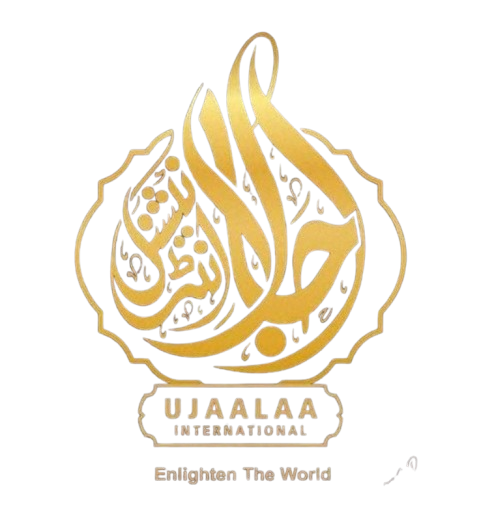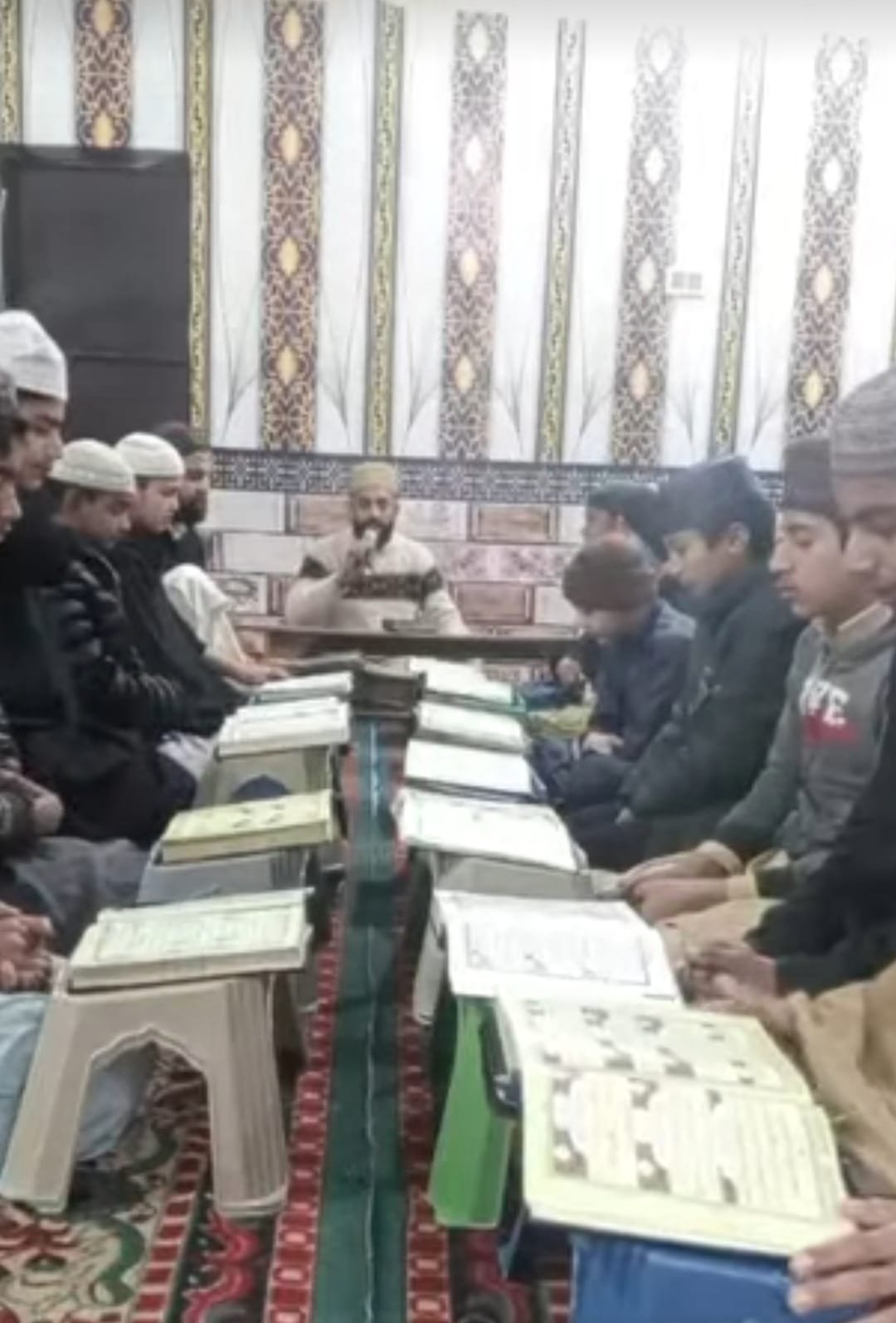Qirat, the art of reciting the Quran with proper pronunciation, rhythm, and Tajweed, plays a crucial role in preserving the authenticity of the Quran. The Quran, being the final and unaltered word of Allah, must be recited and transmitted in a way that maintains its integrity, ensuring that the message remains as pure and accurate as it was revealed over 1,400 years ago. Here’s how Qirat helps preserve the Quran’s authenticity:
1. Maintaining Correct Pronunciation and Articulation
One of the key aspects of Qirat is ensuring that each letter and sound of the Quran is pronounced correctly. The Arabic language has specific phonetic rules, and slight mispronunciations can alter the meaning of the words. Skilled reciters, through Qirat, ensure that every word is articulated precisely, which helps in maintaining the correct meaning of the Quranic verses. This precision is essential for preserving the Quran’s authenticity and preventing any misinterpretation or distortion of its message.
2. Adherence to Tajweed Rules
Tajweed refers to the set of rules governing the correct pronunciation of Quranic Arabic. These rules are vital in ensuring that each verse is recited with the proper intonation, elongation, and pauses. By following Tajweed, Qirat preserves the way the Quran was revealed and recited by the Prophet Muhammad (peace be upon him). Tajweed ensures that the Quran is recited exactly as it was transmitted, preventing any alteration in its original form. By observing these rules, Qirat safeguards the Quran’s authenticity from any errors or changes in pronunciation.
3. Transmission of Quranic Recitation Through Generations
The tradition of Qirat allows for the Quran to be passed down through generations with accuracy. The art of reciting the Quran has been transmitted by scholars and reciters, preserving the recitation styles (Qirat) that were practiced by the Prophet Muhammad’s companions. These recitations have been meticulously preserved in different methods (such as Hafs, Warsh, etc.), ensuring that the Quran is recited in the same way it was revealed. This process of transmission through Qirat ensures that the Quran’s authenticity remains intact over time.
4. Consistency in Quranic Recitation
Qirat helps to standardize the way the Quran is recited, ensuring consistency across the Muslim world. Despite the differences in regional dialects, Qirat maintains uniformity in the recitation of the Quranic text. This consistency is essential in preserving the Quran’s authenticity because it guarantees that the way the Quran is read and understood is the same for all Muslims, regardless of where they are located. The uniformity in recitation upholds the integrity of the Quran and ensures that no changes are made to the text.
5. Preserving the Quran’s Spiritual and Linguistic Beauty
Qirat also preserves the Quran’s linguistic beauty, which is an integral part of its authenticity. The Quran’s eloquence and profound meanings are deeply intertwined with the way it is recited. By following the proper rules of Qirat, the emotional and spiritual impact of the Quran is retained. This ensures that not only the words of the Quran are preserved but also its beauty and divine essence, which are central to its authenticity. When the Quran is recited beautifully and correctly, it touches the hearts of listeners and maintains its revered status.
6. Preventing Distortion of Meaning
Even slight changes in pronunciation can result in alterations of meaning in Arabic. This is especially important in the Quran, where every word holds deep significance. Qirat ensures that the reciter is aware of these potential distinctions and follows the correct pronunciation to avoid distorting the message. The different Qirat styles, while allowing for slight variations in the recitation, all maintain the same meaning of the Quran, ensuring that the text is preserved in its true form.
7. Role in Quranic Memorization
Qirat plays an essential role in Quranic memorization, or Hifz, by providing a clear and accurate way to memorize the Quran. As a person memorizes the Quran following the rules of Qirat, they are also ensuring that the Quran is preserved in its original form. This memorization, passed down from generation to generation, forms a living tradition of safeguarding the Quran’s authenticity. The collective memory of millions of Hafiz around the world further protects the Quran from being altered or lost.
8. Promotion of Unity in the Muslim Ummah
By adhering to standardized Qirat and reciting the Quran in the same way, Muslims around the world can unite in their practice of reading the Quran. This uniformity helps to reinforce the authenticity of the Quran and its universal message, uniting the global Muslim community in their understanding and recitation of the sacred text.
Conclusion
Qirat plays a vital role in preserving the Quran’s authenticity by ensuring that the Quran is recited accurately and consistently according to the rules of Tajweed. It safeguards the pronunciation, meaning, and beauty of the Quran, preventing any changes or distortions. As a living tradition passed down through generations, Qirat ensures that the Quran remains as pure and unchanged as it was revealed over 1,400 years ago. At Ujala International, we recognize the importance of Qirat in maintaining the sanctity of the Quran, and we encourage everyone to engage with it as part of their journey of learning and spiritual growth.

